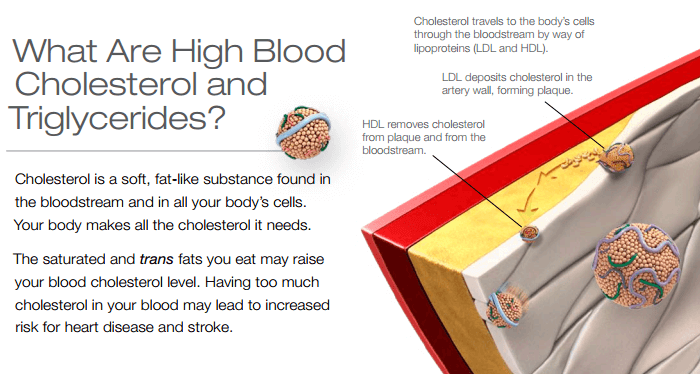If you are keen to minimize the risk of a heart attack, you should have regular blood-pressure check-ups, not smoke, keep your blood-fat levels (cholesterol and triglyceride) low, maintain your “ideal” weight and exercise regularly.
If you are at risk through one or more of the above, there is something you can do. Heart disease is preventable. Here are some suggestions:
To reduce blood pressure, keep to your desired weight. Choose low-fat foods and don’t use salt. To give up smoking, be positive, and you can give it up, as thousands of other people have. Most people decide to give it up and just stop.
- Set a date for stopping and give yourself a time to work up to if necessary.
- Get the support of your family, your friends and your doctor.
- To reduce your chance of high blood fats, maintain normal body weight.
- Limit your intake of all fats. This means less animal fat, full-cream dairy products, pastries and other foods made from animal fats.
- Eat more fish, poultry and veal. Choose only leaner cuts of meat and trim off all visible fat before cooking.
- Increase fiber-containing foods such as wholemeal bread, cereals, vegetables, legumes, lentils and fruit.
It is not yet understood why some people can eat more than others and still maintain normal weight. But one thing is clear, to lose weight you must eat fewer calories than you burn. This means you should choose foods containing fewer calories and increase your exercise activity.
- Avoid eating too much fat and fried foods and drink plenty of water instead of cordials and soft drinks.
- Use alcohol in moderation. Alcoholic beverages tend to be high in calories.
- Exercise more and more while eating less and less.
If you haven’t exercised for years, are getting on in age or have several risk factors, check with your doctor before you enter an exercise program. But don’t be put off, there is an enjoyable, safe and beneficial level of activity for everyone.
To develop and maintain cardiorespiratory fitness, exercise should make you puff a little. The following guidelines are recommended:
- Select an exercise you enjoy.
- Don’t exercise soon after meals or drinking alcohol or in extremes of temperature or humidity.
- Your exercise program should be gradual, beginning at a low level and increasing at your own pace.
- It should be regular, including at least two or three sessions each week, preferably not on successive days.
References:

